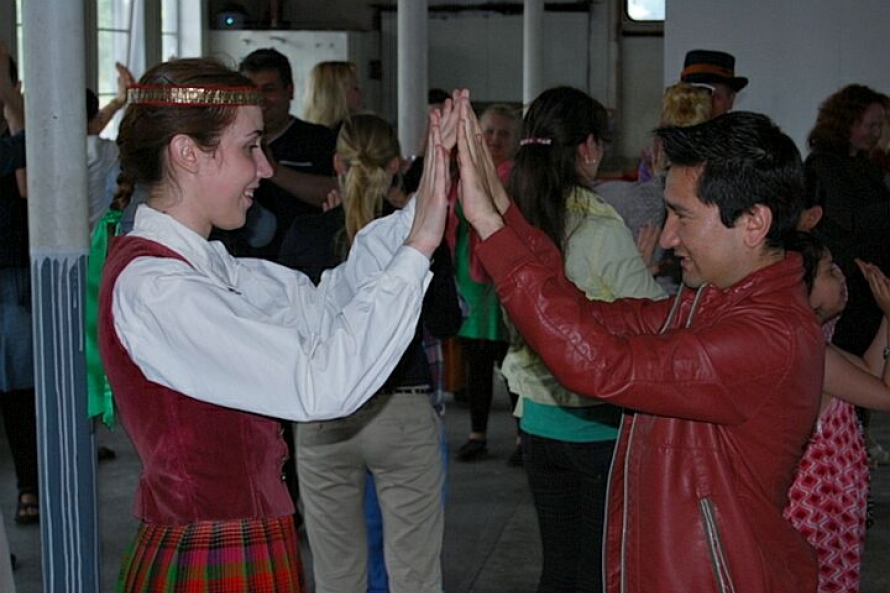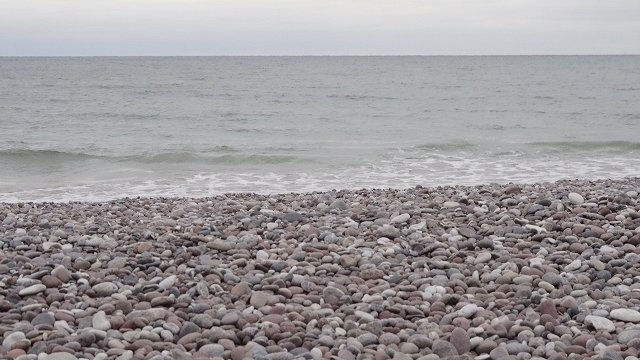Bauere blamed the inconsistent and intermittent integration process on the fact that the issue “only becomes important when something happens,” such as the popular referendum on the official state language.
She said integration programs shouldn’t be trying to break or change the older generation’s attitudes, but rather be working with youth and children.
She pointed out that the unsuccessful campaign to mobilize Latvia’s Russian-speaking population to propose Russian as a second official state language in 2012 prompted residents and politicians to realize something was wrong, that we haven’t worked enough with youth, with families, the social units where attitudes toward the state and society are formed.
In Bauere’s view, there has been a lack of good will in the integration sphere. As an example she mentioned the state’s recently resumed long-term Latvian language program, to which close to 2000 people have applied. Funding only allows the current number of applicants to take part so far, leaving many prospects outside the program entirely, especially in the cities of Riga and Daugavpils.
Bauere said she believes this program must be expanded to allow all applicants wishing to participate to come on board. She noted that people understand why they need to speak Latvian – to work here, to develop a career, earn a living and communicate with their fellow citizens.
However Bauere urged policy-makers to pay attention to less-expensive and more-effective programs such as the family-exchange that promotes visiting amongst and between Latvian- and Russian-speaking families. She noted that the only way to break mutually-unfavorable stereotypes between these groups is by allowing the children (and their parents) to get to know each other and become friends. Programs of this type are also among the cheapest to implement, yet seem to leave the longest-lasting positive effects on participants.































